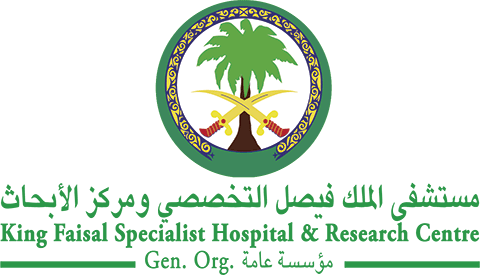Abstract
Renal cell carcinoma (RCC) is the most common kidney cancer in adults (approximately 90%), and clear cell RCC (ccRCC) is the most frequent histologic subtype (approximately 75%). We reviewed the safety and efficacy of checkpoint inhibitors (CPIs) in ccRCC, identifying 5927 articles in PubMed, Embase, Cochrane, and Web of Science. Ten randomized control (N ¼ 7765) and 10 non-randomized (N ¼ 572) studies were included. Overall, 4819 patients treated with CPI combinations were compared with everolimus, sunitinib, or placebo. Overall response rates (ORR) were 9e25% with nivolumab (niv), 42% with niv þ ipilimumab (ipi), 55.7% with niv þ cabozantinib, 56% with niv þ tivozanib vs. 5% with everolimus. ORR was 51.5e58% with avelumab þ axitinib vs. 25.5% with sunitinib. ORR was 59.3e73% with pembrolizumab þ tyrosine kinase inhibitor vs. 25.7% with sunitinib. ORR was 32e36% with atezolizumab þ bevacizumab vs. 29e33% with sunitinib. In patients with PD-L1þve and -ve ccRCC, niv, atezolizumab, ipi, and pembrolizumab were safe and effective alone and when combined with cabozantinib, tivozanib, axitinib, levantinib, and pegilodecakin. Atezolizumab þ bevacizumab was safe and effective in ccRCC with high PD-L1 expression. Pembrolizumab was safe and effective in preventing recurrence in ccRCC patients with nephrectomy. Additional randomized, double-blind, multicenter clinical trials are needed to confirm these results.
Recommended Citation
Ali, Muhammad Ashar
(2022)
"Efficacy and Safety of Checkpoint Inhibitors in Clear Cell Renal Cell Carcinoma: A Systematic Review of Clinical Trials,"
Hematology/Oncology and Stem Cell Therapy: Vol. 16
:
Iss.
3
, Article 2.
Available at: https://doi.org/10.56875/2589-0646.1027
Creative Commons License

This work is licensed under a Creative Commons Attribution-Noncommercial-No Derivative Works 4.0 License.
Included in
Cancer Biology Commons, Hematology Commons, Medical Education Commons, Oncology Commons, Pharmacy and Pharmaceutical Sciences Commons

